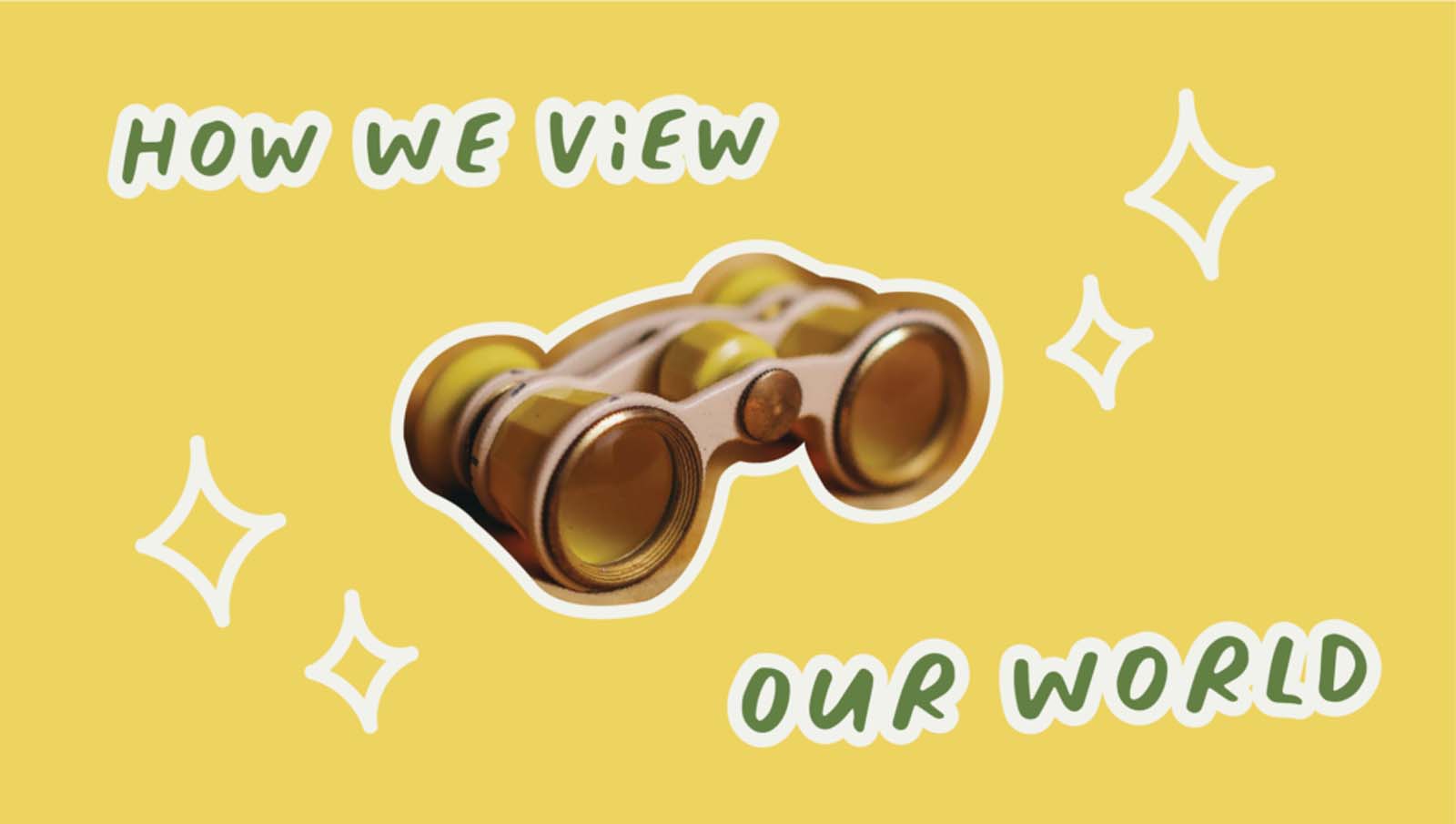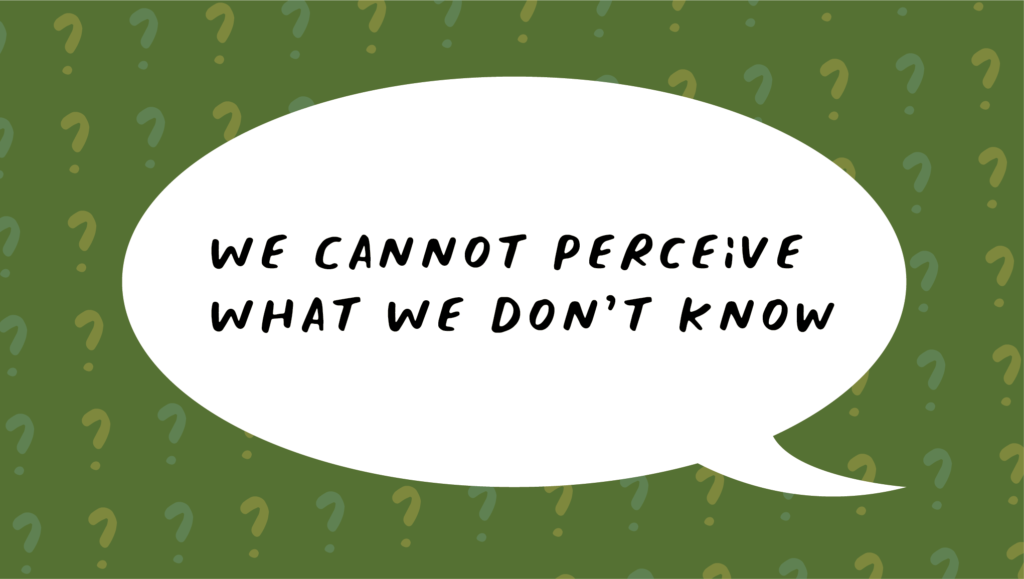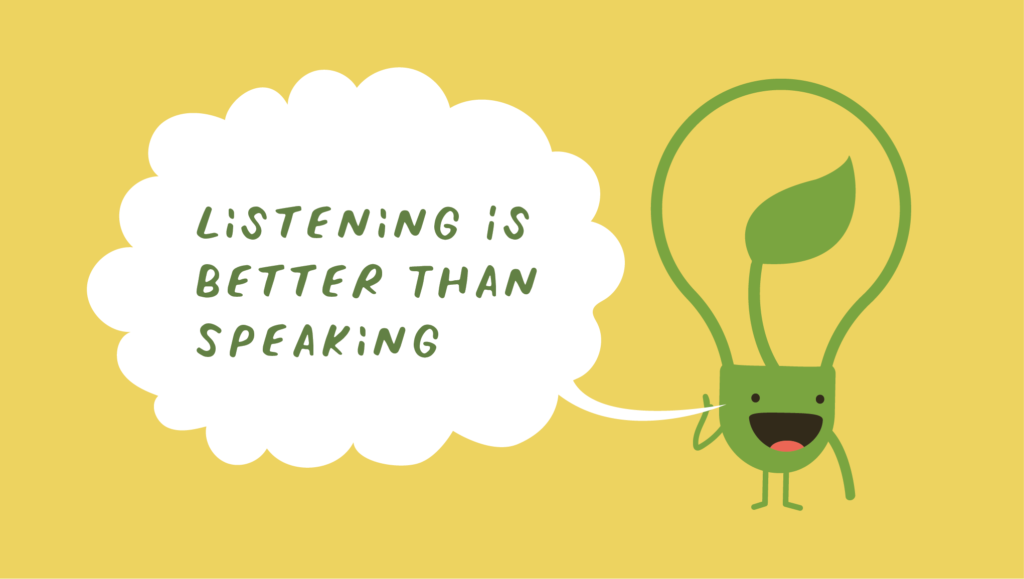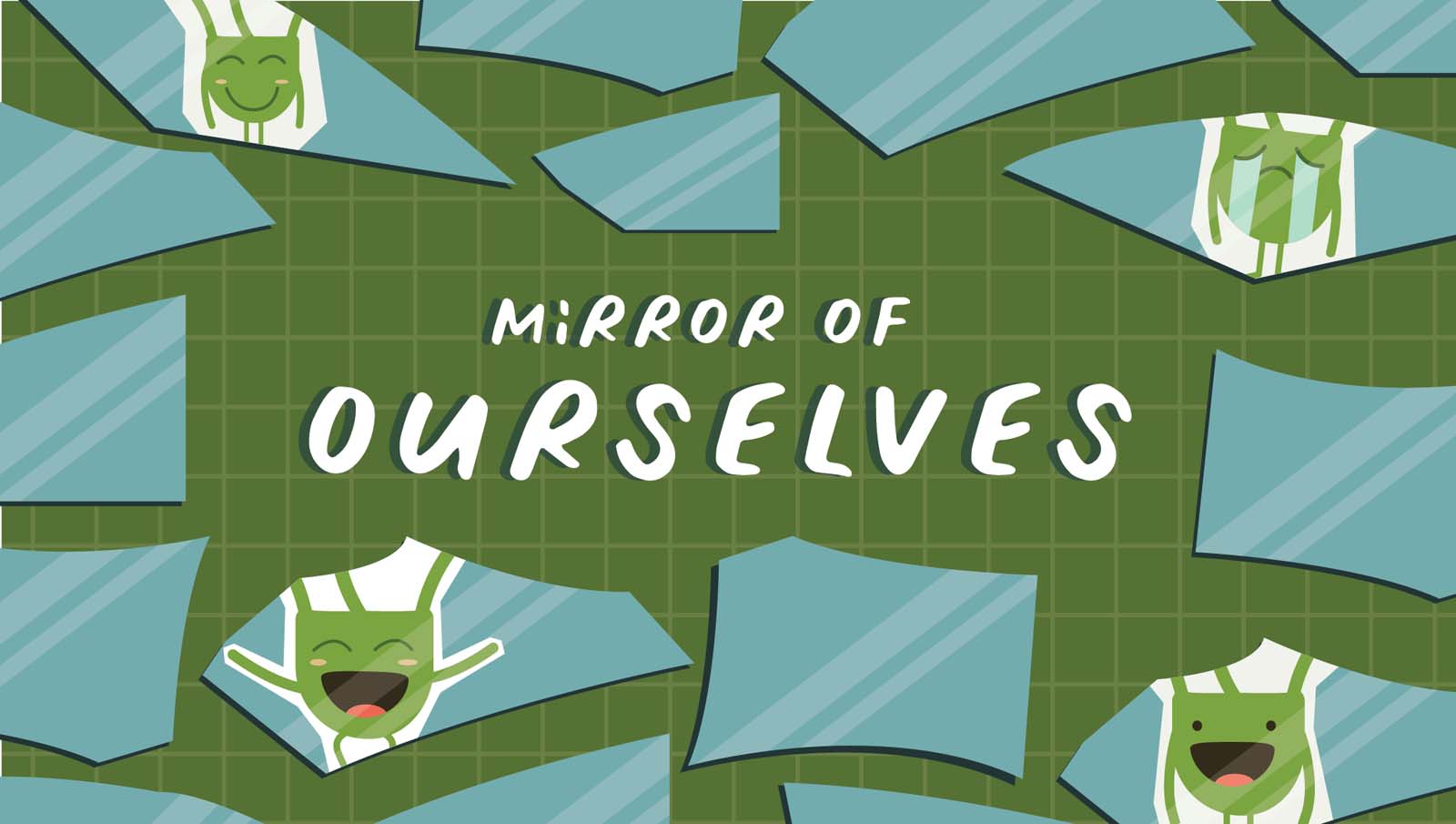TLDR: Although we view others and ourselves as acting and speaking independently from one another, all of our speech and action are our own projections. Others are a mirror of our state of consciousness.
This is a reflection piece as contemplated by the author based on the Buddha’s teachings. As such, it may not contain the truths as taught by the Buddha. The author hopes the reader takes away useful bits that may resonate and discard whatever parts that make no sense without any aversion.
In Buddhist psychology, the Buddha gave an insight into how we ordinarily experience the world. We are sense based beings and we experience our world through the six senses. They are – the senses of the eyes, ears, nose, tongue, touch and mind. The mind is a sense base object because it comes into contact with the world of ideas dependent on the other senses. Mind in western psychology is the physical brain. It makes sense because the brain receives signals from the other sense bases to create an idea. However, the mind in Buddhism has been translated as awareness and consciousness. The translators of Theravada Buddhist suttas used the word, ‘citta’ in Pali. The word citta includes the mind and the heart. The Buddha did not point to the brain specifically as the mind. He was pointing for us to look at our consciousness. The function of consciousness is a state of knowing and in the teaching of the five aggregates, it seems that consciousness has been intertwined with the sense bases.

How We View Our World
In our ordinary perception of the world, we come into contact with people and the environment. When it comes to our interaction with others, we sometimes think that other people make assumptions about us. We also think we are accurate accessors of other people’s needs and thoughts, and therefore they may need our opinions. In this way, we often come away in frustrations communicating with the vast majority of people who do not listen to us, just as we do not listen to them.
Although we think that whatever action or words we perceive is made independently by each individual, if we look close enough, what we see, hear, touch, smell or think in the world is but a mirror of ourselves.

We Cannot Perceive What We Don’t Know
Ayya Khema, a well-known German Buddhist nun who taught in the late 20th century, said we cannot see in another person what we don’t know or do not have within us. For example, when we see another person angry, we can see it is anger and something we dislike. That is because we know anger and we have it in us, and so we react to the person who is angry.
We understand mundane affection, and so we see it as love and something permanent. She said we would not understand what we do not have. The unconditional love of an arahant is hard to understand and we wouldn’t know even if we stand next to him or her. That is because it is something we do not understand as we do not have unconditional love in us. We may only be able to perceive an arahant as quiet and reserved instead of lovable because we don’t know what unconditional love is. An arahant is someone who attained enlightenment in Buddhism. You can also call an arahant a saint.

Our Daily Interaction With Others
Thinking about what Ayya Khema taught, it occurred to me that this happens all the time. Our interaction with others is always about ourselves because we can only talk about and react to what is within us.
For example, I was at a dinner with friends at one of their homes. This friend is a vegetarian, she does yoga and enjoys studying Buddhism. In my mind, she seemed to enjoy clean living. But she revealed that she still smokes, though only socially. I gave a look of surprise. She remarked that smoking isn’t a bad thing and does not make one a bad person. I was surprised she said that. That is because I never thought smoking makes anyone a bad person.
Earlier on, I had also encouraged the group of friends to practice what they learnt as opposed to mainly studying. However, instead of seeing it as a form of encouragement, they thought I was disparaging their form of practice. So you see, they said I was disparaging because they could not see or understand my sharing of the experience of spiritual practice. I, on the other hand, could not see or understand the pleasant experience they gained from intellectualising spiritual texts instead of probing it in real life. We simply were projecting onto each other what we know rather than speaking each other’s language.
In another example, my helper had been unwell with allergic rhinitis for sometime. Despite medicine from the general practitioner, she did not recover. She also did not want to consistently take the supplements I offered or accept my offer to bring her to a Chinese doctor. Again, I could not see or know her world and so out of frustration I made a comment that she is always sick. Right after making that comment, I realised I was seeing in her what I dislike – being sick. I was also saying only what I know in my world to her – being sick is not a good thing. I regretted my comment immediately upon realising what I had done as I seemed to be blaming her for being sick when it is normal to be ill.

Listening Is Better Than Speaking
These daily episodes made me realise that most of our interaction seems to be a futile business. We are always talking about what we know and consistently projecting ourselves onto another person. There seems not to be any useful speech except for sharing the dhamma and interaction for the purpose of completing tasks at work.
Listening is indeed better than talking. When we think, we think from our vantage point. When we speak, we push onto others only what we know within us and not what the other person needs.
Another thing that struck me is, we can really only be mindful when we pay attention even when speaking. I have not been totally successful in using speech as an object of mindfulness. When I managed to do it for a while, I saw that whatever that came out of my mouth is about myself. Other than that, I found that ordinary speech is a form of entertainment so that we can let the mind loose and rattle on. Ayya Khema also pointed out that only when we have let go of ill will or greed, then we will not react to others. That is because we do not have these tendencies in us anymore to recognise them in others.
Being with others can help us realise many things about the nature of our consciousness taught by the Buddha and his Sangha. When we can see the state of our consciousness, can we purify it by letting go of what makes us discontented and unhappy?
Wise Steps:
- Experiment with the inanimate objects around you without labeling to find out how it changes your reaction.
- Observe what you say and how you act in communication with others. Are the words you say truly what the other person wants to hear or is it just about you?
- Instead of chiming in with your opinions, try to listen more and see if the interaction with others changes from your usual communication with them.


